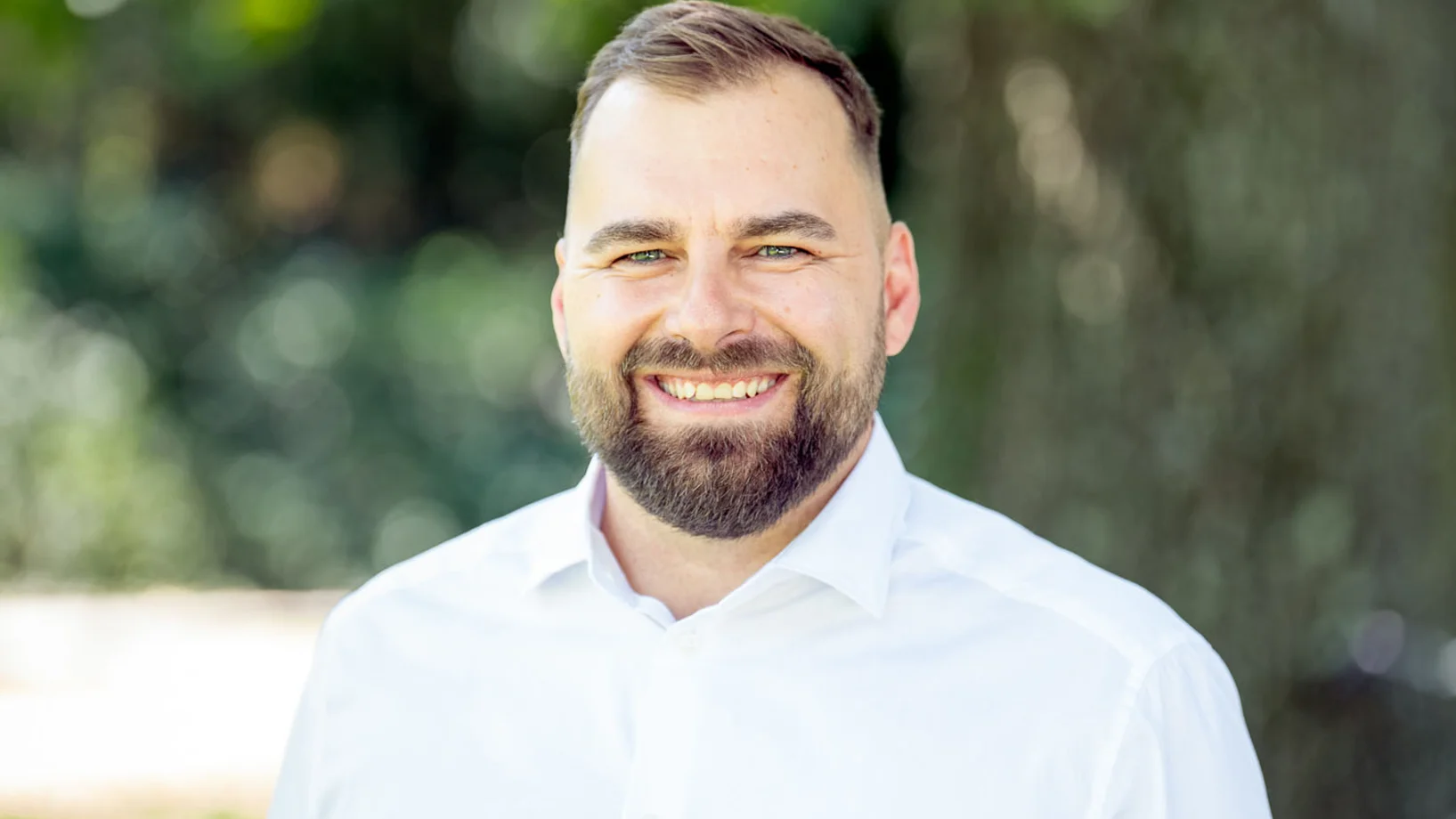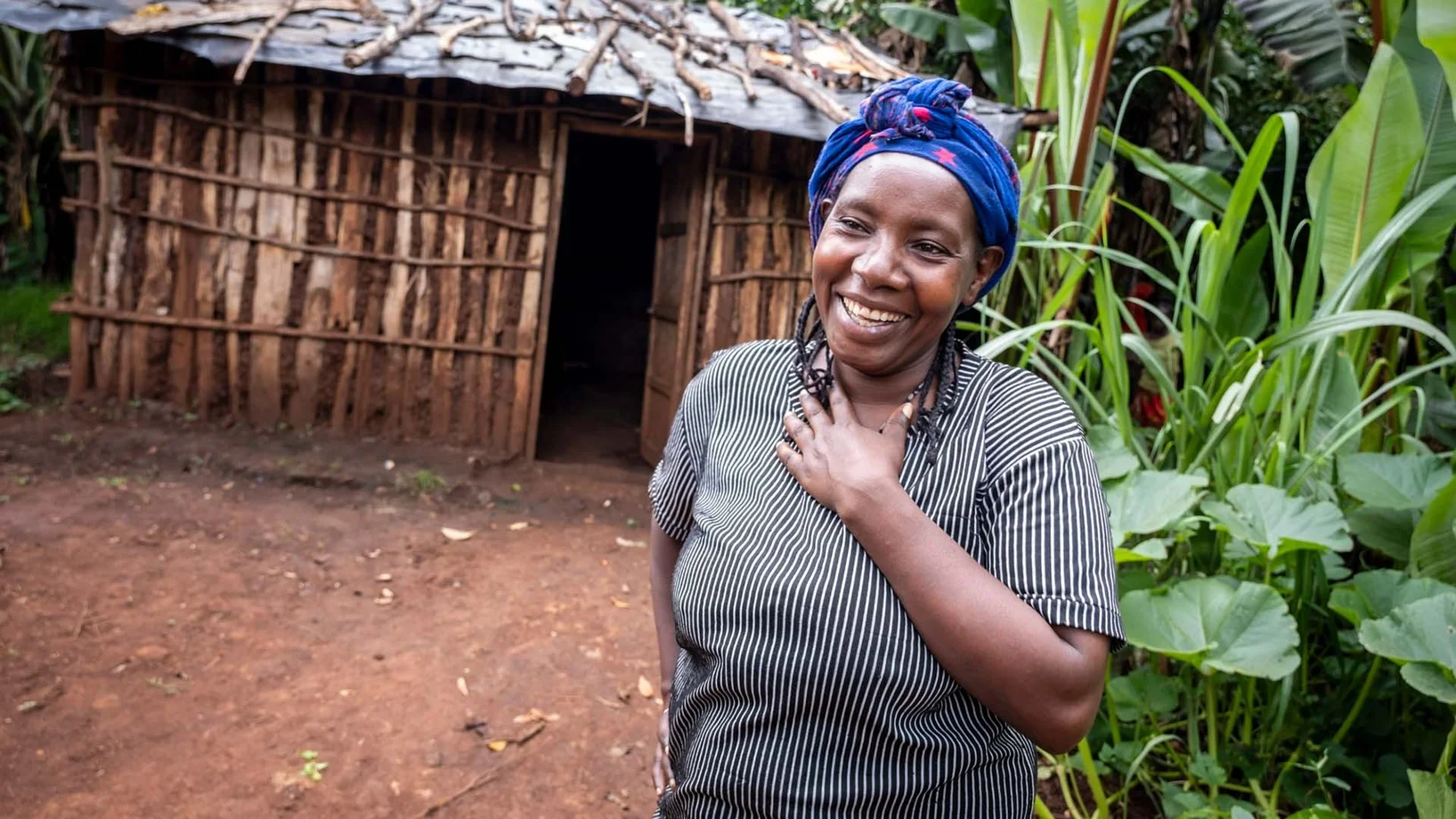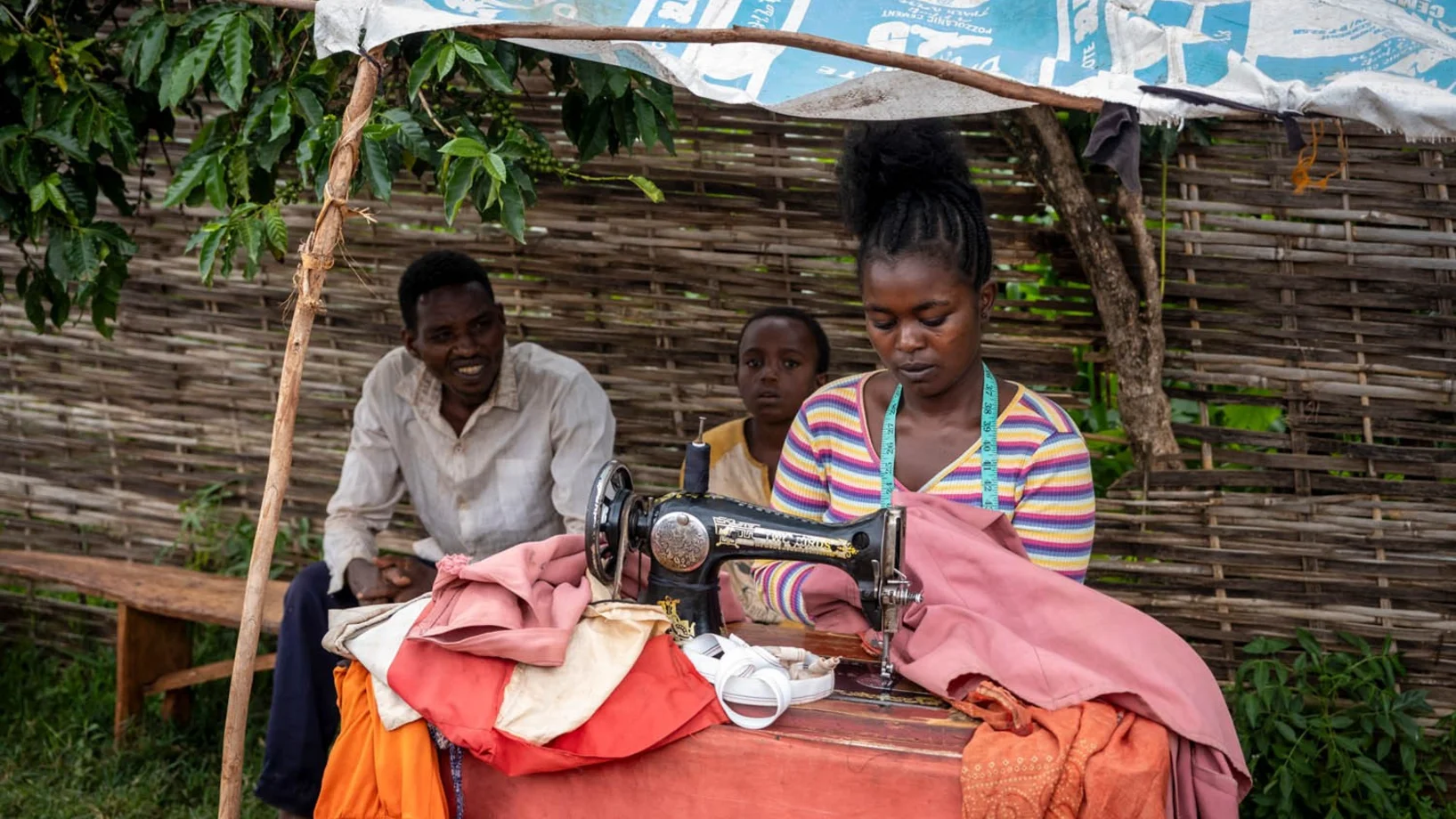Zurich / Addis Ababa, March 5, 2024 – Without gender equality, there will be “no prosperous economy and no healthy planet” in the long term. The United Nations refers to this on International Women's Day on March 8th and draws attention to the role of the economy and government spending. “Investing in women: Accelerate progress!” is this year's motto. In Ethiopia, the Swiss aid organization Menschen für Menschen is putting these demands into practice.
Investing in women, the UN said on International Women's Day, requires “gender-equitable budget planning” as a new important instrument. To date, the needs and services of women have not been sufficiently taken into account in government spending. For example, “the value of unpaid care and domestic work by women worldwide amounts to around $10.8 trillion per year - that is three times as much as the global tech industry.”
With gender-equitable budget planning, governments would pay attention to how tax revenues and government spending unleash the potential of women. Are they supported by the state – or thwarted? What impact does budget allocation have on reproductive health, childcare, vocational training or women wanting to start businesses? Gender-equitable budgets promoted a sense of justice, strengthened government accountability and supported better alignment of national budgets with the Sustainable Development Goals (SDGs).
“While even rich countries like Switzerland have some catching up to do when it comes to equality, the situation in many poor countries is precarious,” says Kelsang Kone, Managing Director of Menschen für Menschen. “Our projects in Ethiopia to empower disadvantaged girls and women are all the more important.”
“Credit groups are a game changer”
At the beginning of the year, the aid organization started a new project in Hambela Wamena. The southern Ethiopian district is roughly the size of the canton of Schwyz. The approximately 214,000 people live with almost no infrastructure. There is no industry, craftsmanship only exists rudimentarily. Most families experience food shortages in the months leading up to the next harvest. Through training and improved seeds, Menschen für Menschen is now helping families increase agricultural yields. Women in particular are supported socially and economically in numerous measures. The aid organization's Ethiopian advisors, who live with the locals in their villages, initiate savings and credit groups for women.
The foundation provides these cooperatives with start-up capital so that they can provide microcredits to their members. “The savings and loan groups are a game changer,” explains Kelsang Kone. “So far, families have only had outrageously bad access to financial services”: poor small farmers do not receive any money from banks. They rely on private lenders. These charge one hundred percent interest or more. So when families borrow money to buy seeds for the next sowing, they have to pay the interest with a large part of the harvest: a poverty trap.
“If it is the women in their savings groups who can borrow microloans at fair conditions, their social position in the village communities will be strengthened,” says Kone happily. A total of 960 women and their families benefit from this in six cooperatives. You can also use the microcredits to start a small business, such as street trading in textiles or raising livestock. The women come together in the groups regularly for training sessions. Information on maternal health and family planning is also offered so that women only have as many children as they want and as their economic situation allows.
Water points relieve the burden on girls and women
The savings and loan groups are just one of many measures to empower girls and women. Sometimes all you need is small interventions in everyday life. Until now, many girls had dropped out of school for a surprising reason: they stayed at home during their periods due to lack of money for sanitary pads. Afterwards, some stopped attending classes and dropped out of school. These girls usually married early and thus cemented their lives in poverty. In order to avoid interrupting classes, Menschen für Menschen is now offering free sanitary pads to girls at schools in the district.
So far, only one in ten families has clean drinking water. The rest comes from open springs and streams, from which cattle also drink. A particularly large number of small children become ill, which not only puts a heavy strain on the family budget, but also puts additional care work on women. The repair or construction of a total of 26 water points is a measure that particularly benefits girls and women. They are the ones who are traditionally responsible for hauling water. They can use the time saved by nearby wells in their school or in economic activities.
The measures have already been tested in many projects, some of them under urban conditions: in the large city of Debre Berhan, for example, the 1,200 poorest children are supported - the mostly single mothers receive training and microcredits. In the capital Addis Ababa, particularly poor women complete a six-month course to become housekeepers, while their small children are looked after in the project-based daycare.
In this way, Menschen für Menschen is continuing the work of Karlheinz Böhm, whose 10th death anniversary the relief organization is celebrating on May 29th of this year. The founder of Menschen für Menschen warned his listeners in almost every public speech: “Only if we improve the social status of women will Ethiopia be able to permanently overcome poverty.”
Über die Stiftung Menschen für Menschen
Menschen für Menschen setzt sich gegen Armut und Hunger ein. Die Stiftung wurde von dem Schauspieler Karlheinz Böhm (1928 – 2014) gegründet. Im Geiste des Gründers schafft das Schweizer Hilfswerk Lebensperspektiven für die ärmsten Familien in Äthiopien. Ziel der Arbeit ist es, dass sie in ihrer Heimat menschenwürdig leben können. Schwerpunkte der einzelnen Projekte sind Frauenförderung, Berufsbildung, Mikrokredite, Kinderhilfe, Familienplanung und landwirtschaftliche Entwicklung. Die Komponenten werden nach den lokalen Bedürfnissen kombiniert und mit sorgfältig ausgewählten einheimischen Partnern umgesetzt.
Download the image in HD quality and the media release as a PDF here:





